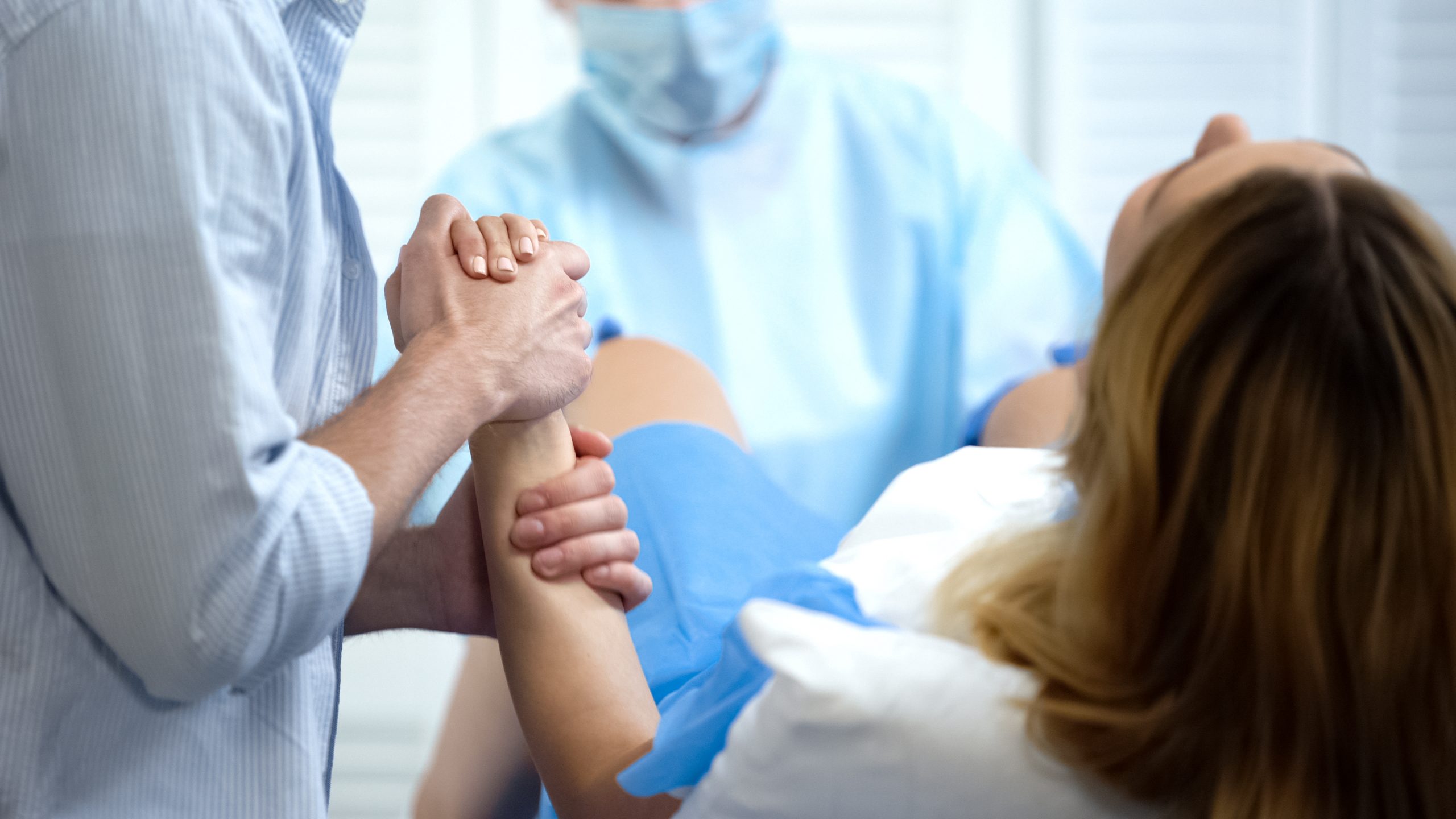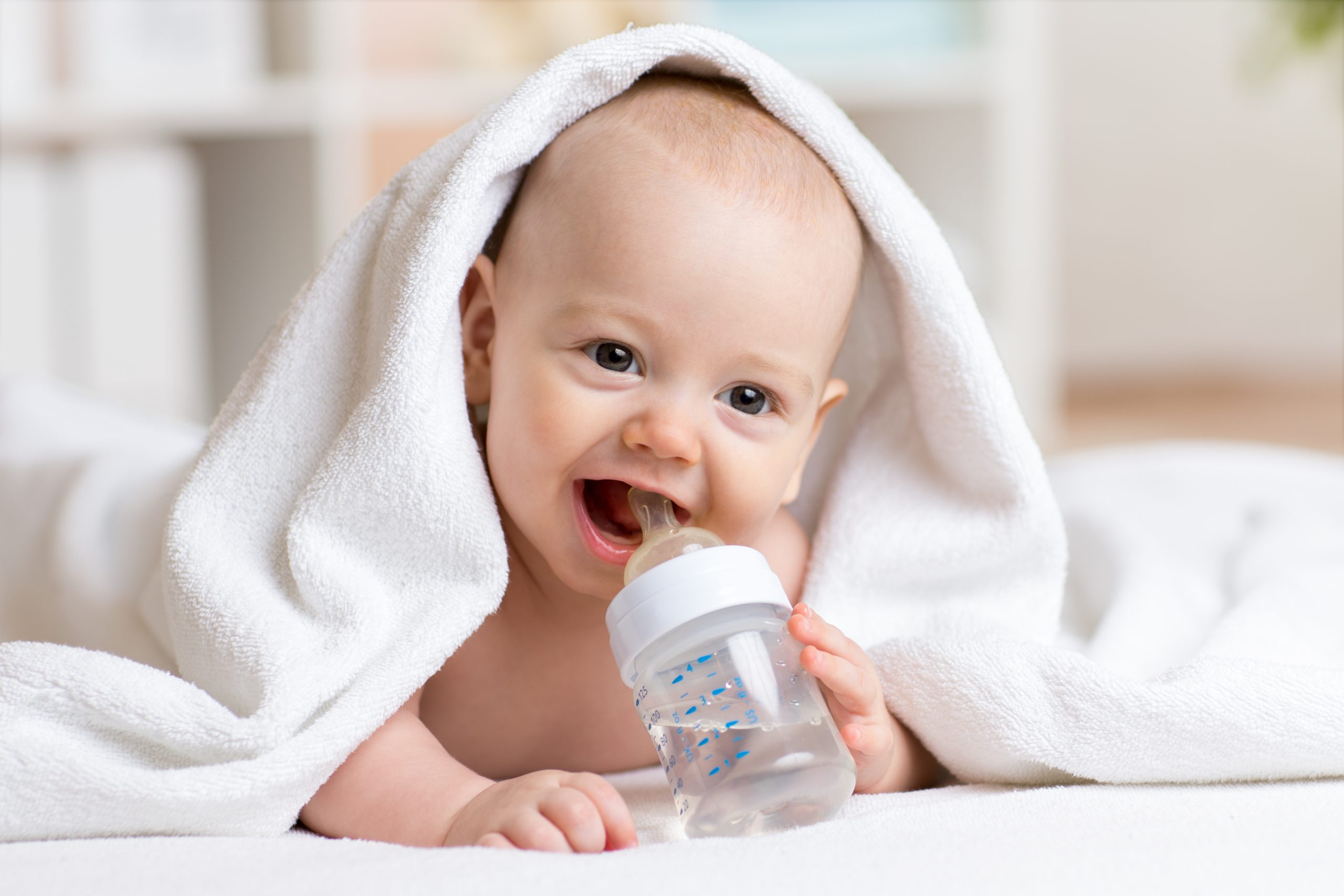Tips For Recovery After A Difficult Labour/Pregnancy
The postpartum period, which follows the delivery, is associated with many new signs and concerns.
After what felt like an eternity (40 weeks) of pregnancy and countless hours of labor, you are now a mother. Congratulations! After months of planning and preparation, you’ve welcomed your little bundle of joy and now begins the process of returning back to normalcy after the pregnancy.
You might not feel 100% when it comes to your body and your hormone levels may also be a bit erratic. But don’t give in to the frustration and remember that your body is not privy to your schedule or goals. Your best bet is to take some time off, pamper yourself and eat well.
When does childbirth become challenging?
Birth difficulties, such as an aided delivery, perineal tears, or inadequate pain relief throughout labour, can be highly stressful for the mother and infant. Nonetheless, some women give birth ‘normally’ but experience emotional discomfort. It’s also possible for two people to share the same experience but react very differently to it.
Whatever may be the reason, you need to remember that you are not alone if you suffer anxiety about giving birth. Many other parents can relate to this. The doctors and nurses at your facility will be able to help you.

The Body: What to Anticipate?
It’s essential to tune into your body for the first six weeks. Although you will be exhausted and preoccupied with your new baby, it is necessary to pay attention to the changes in your body.
Stay away from the urge to overdo it when your health improves. You may slow your recovery if you try to accomplish too much too soon. Focus on getting adequate rest, hydrating well and follow a healthy diet. If you’ve had a cesarean section then you should expect to have more limitations placed on your daily activities for the first few weeks after giving birth, which includes doing any kind of strenuous physical activity.
What to expect throughout your postpartum recovery?
● Breast pain- You may have painful engorgement and sensitive nipples when your milk comes in for several days.
● Constipation- Acute Hemorrhoids, healed episiotomies and tight muscles can make the first bowel movement after birth a painful experience.
● Episiotomy- Your ability to sit or walk may be temporarily impaired by the discomfort caused by the stitches in your perineum (the skin between the vagina and the anus) if it was cut by your doctor or ripped during birth. During the recovery period, it may also hurt to cough or sneeze.
● Hot and Cold Flashes – When your body adjusts to a change in hormone and blood flow levels, it might throw off your internal thermostat.
● Defecation or urinary incontinence-Suppose you had long labour before giving birth vaginally. In that case, the straining of your muscles at the time of delivery might make it challenging to regulate your bowel movements or cause you to leak urine when you laugh, cough or strain.
● Vaginal discharge (lochia) – The vaginal discharge will be heavier than your period and may contain clots initially, but it will lighten to white or yellow and stop within a few weeks.
● Weight – You are likely to lose 6–9 Kg of water weight in the first week after giving birth as your body regains equilibrium from carrying a baby, a placenta and amniotic fluid
● Hormonal Fluctuations – Many pregnant women have hair loss because of hormonal shifts. Things will return to normal soon. Your hair’s natural thickness will return once your estrogen levels are normal.

How to recuperate?
Try Kegel Exercises.
Regular Kegel exercises strengthen your pelvic floor, allowing you to enjoy giggling without worrying about wetting your trousers. Boosting vaginal muscular tone aids in the maintenance of urinary continence and enhances the enjoyment of sexual activity. When the sphincter muscles are strong, you won’t have to worry about an unexpected bowel movement. Consult your doctor before starting.
Lessen Discomfort.
The perineum needs your assistance in healing. For the first 24 hours after giving birth, icing your perineum every two hours is recommended. Before and after you urinate, spray the area with warm water to prevent urine from aggravating the wound. Take warm sitz baths for 20 minutes daily. If you can, try to avoid prolonged periods of standing or sitting, and try to sleep on your side.
C-section Care.
Once a day, gently wash your C-section wound with soap and water. Apply antibiotic ointment after drying the damage with a clean towel. Consult your doctor if you’re unsure whether to keep the wound covered or open. Until your doctor gives you the go-light, you should hold off on strenuous exercise.
Stay Physically Active.
Whether you gave birth vaginally or via cesarean section, you shouldn’t engage in strenuous exercise for at least the first several weeks after giving birth. However, after consulting with your doctor, you can take small walks and strolls. Walking aids digestion, relieves constipation, increases circulation and promotes healing.
Sleep To Heal.
Sleep is critical to your physical and emotional health and can aid you in coping with the challenges of parenting. Try to get some rest when your baby does.
Follow your doctor’s advice, have the right diet and keep yourself physically and emotionally fit to enjoy the beautiful journey of parenthood.








































Leave a comment